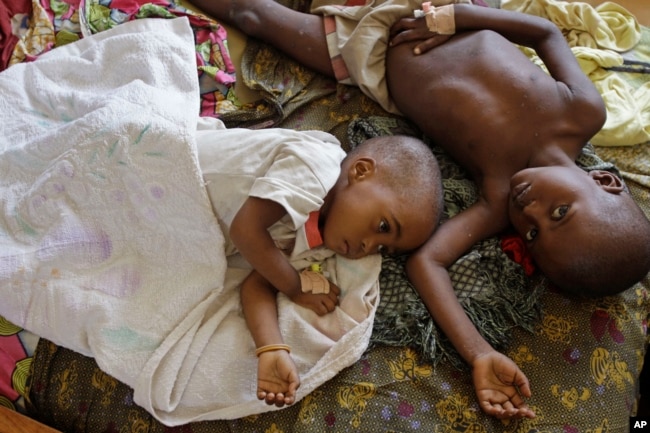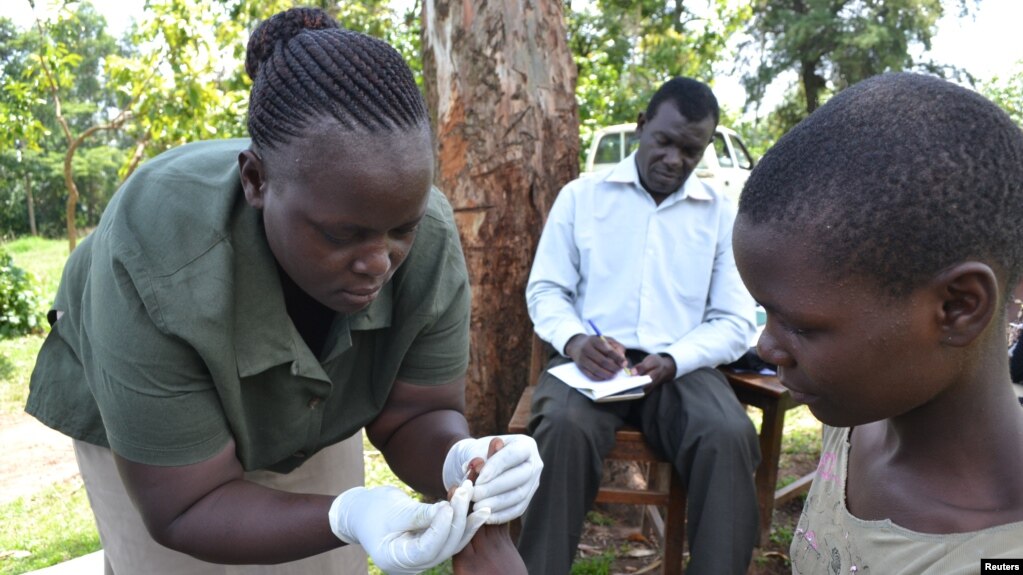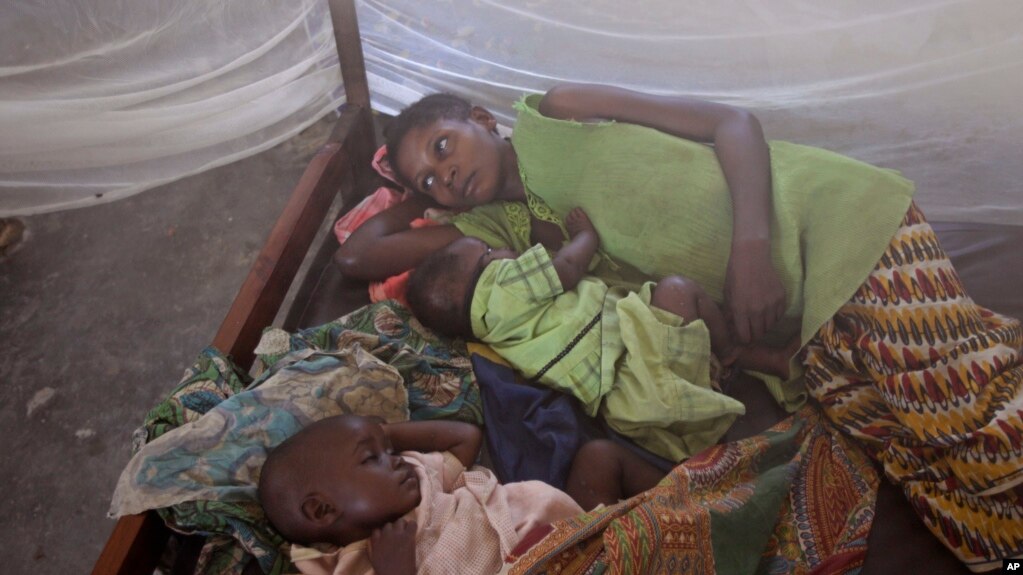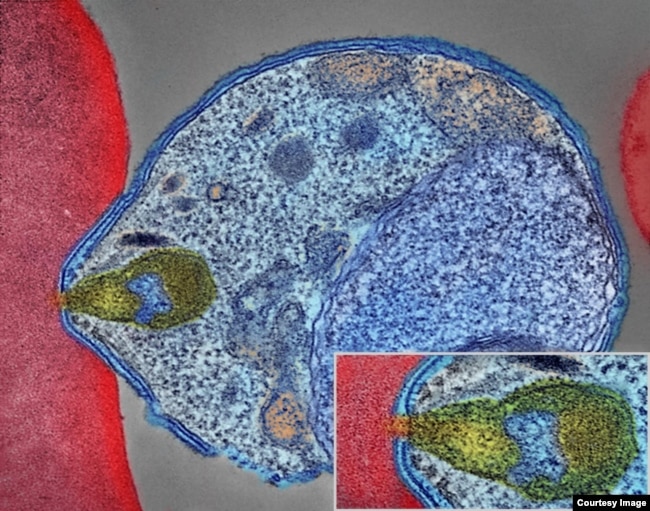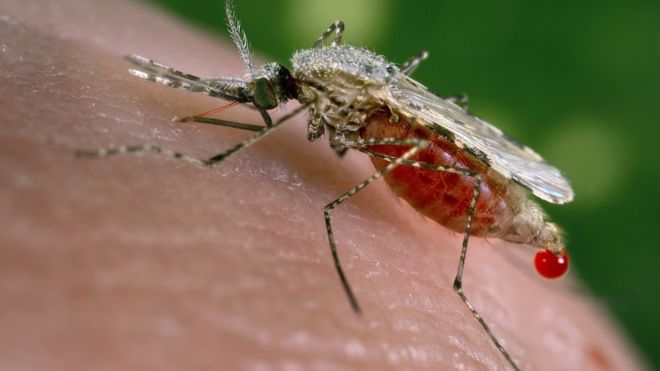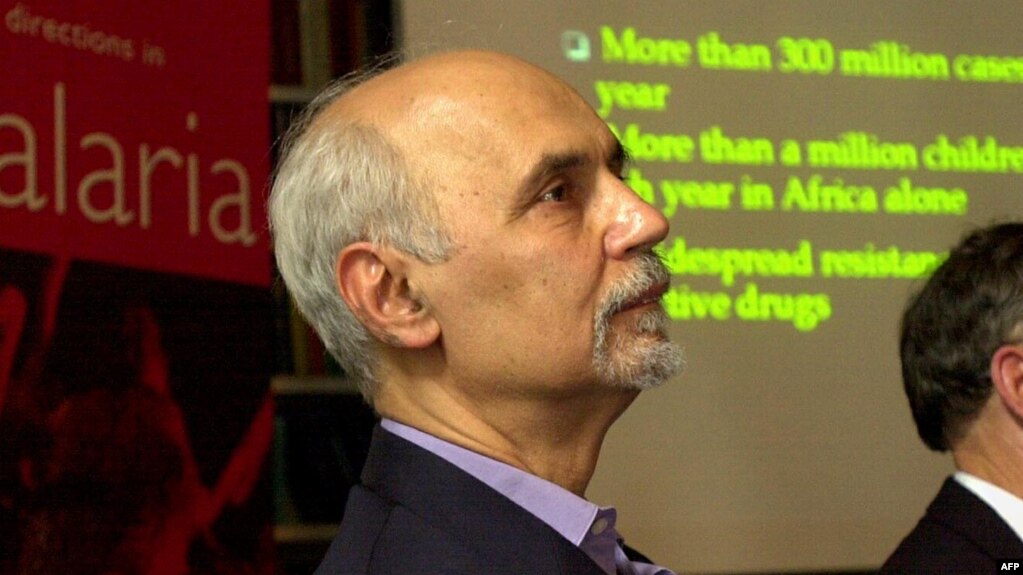ScienceRocks
Democrat all the way!
- Banned
- #1
First malaria vaccine to be introduced in Africa
Nick Lavars
http://newatlas.com/...e-africa/49178/
Science and the vaccines that come from it will save millions of more people!
Nick Lavars
It kills hundreds of thousands a year and infects many millions more across the globe, but no place bears the brunt of malaria like Africa. According to the World Health Organization (WHO), 90 percent of 2015's malaria cases occurred in Africa, as did 92 percent of malaria deaths. It is here that WHO has chosen to pilot the world's first malaria vaccine next year, with Ghana, Kenya and Malawi to be the first recipients.
http://newatlas.com/...e-africa/49178/
Science and the vaccines that come from it will save millions of more people!

